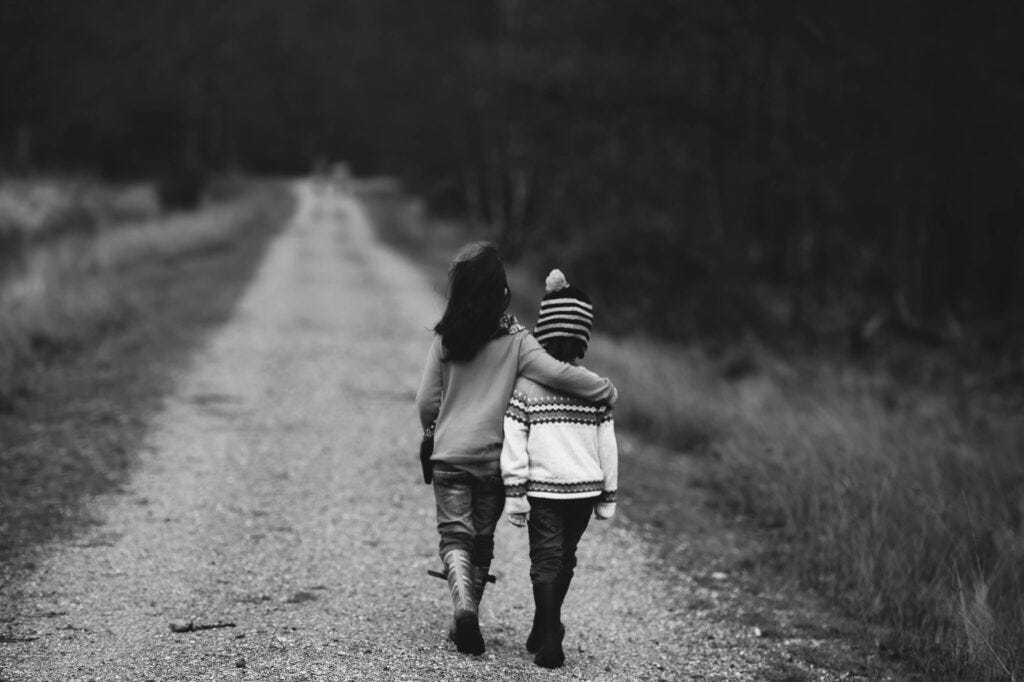What It Means to Have Empathy

This editorial in today's WSJ (subscription required) really resonated with me. For those not willing to pay to read, I'll summarize: The classic for formula of responding to someone's sadness (over just about anything) is to say "At least,{insert much, much worse thing they could be suffering}."
The author allows that while this sentiment is often well-intentioned it is never comforting. Being reminded that others are worse off than you are is the opposite of empathy.
I take a less generous view. I think too often the "At least" construction is, if not quite malintentioned, often a bit of one-upsmanship. "Oh yeah, well I know someone who has it much worse than you do." That goes triple if the example of the worse thing is being experienced by the speaker. "But what about my pain?"
But even if the intentions are good, it's worth thinking about why empathy is so hard. It's very difficult to know how to comfort someone in distress. Telling them it could be worse seems like it might obviously be helpful. But it's actually the VERY opposite thing that is helpful -- acknowledging that the thing that sucks for them really does suck.
Before I had my daughter I lost a pregnancy. It was very early, which is the thing you are supposed to tell everyone so they know it wasn't "that bad." In fact I'm sure I'd had that very thought many times when I heard about an early loss -- "At least she wasn't further along." I hope I wasn't dumb enough to say that to anyone but I may have been. But after my loss I learned the right thing to say. "Oh my gosh, that really sucks. I'm so sorry for you."
That's it. That sucks. It sucks for you and so it just sucks. Period.
Believe me, I don't need to be told that it could have been much worse. I've read stories about women losing babies in their fifth month -- one such story almost made me pass out on a train. I get how much worse -- physically and emotionally -- it could have been. But it was still awful.
There are so many awful things now. My 12-year-old daughter may not go to summer camp -- she's been looking forward to it and will be crushed if it's canceled. My 10-year-old son is unlikely to go back to school -- it will be his last year in this school building so he may never see his teachers again. These are such tiny, tiny tragedies against the backdrop of so much human misery. And yet, to them, and to the mom who allows these little pieces of her heart to walk around on the outside, they are devastating.
No one wins the contest of "who has it worse." Yes, many of us are very lucky right now -- free from virus, in safe homes with plenty of food and incomes to support all of those things. And sure there may be times when there is a need to remind someone of their privilege relative to others. But it doesn't need to be a contest.
Empathy is the ability to put yourself in someone else's emotions. The "at least" construction tries to put the other person in someone else's emotions. This is the lesson I learned from my loss: Having empathy doesn't require you to understand an experience. It requires precisely the opposite, the understanding that the other person's experience is what matters to them.
The months to come will give us lots of chances to practice empathy. If we collectively get better at it that would be a remarkable upside to a situation that has so many downsides.




